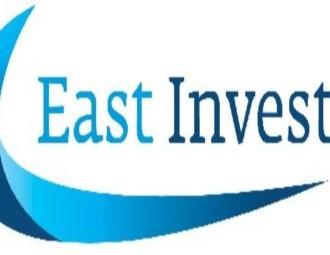Eastern Partnership East Invest project launches business support consultancy service
 East Invest logo
East Invest logo
The East Invest project has launched a consultancy service for the Eastern Partnership business support organisations (BSOs).
The service will allow experts from the EU East Alliance partner organisations launching consultancy missions and assisting their partners from the EaP countries on the ground on the development of their organisations.
The BSO consultancy facility, driven by the EaP beneficiaries, is open to the colleagues and other business support organisations from all the EaP countries, namely Armenia, Azerbaijan, Belarus, Georgia, Moldova and Ukraine, reports the enpi-info.eu site. The beneficiaries submit applications to host an EU colleague from one of the EU East Alliance partner BSOs in their organisation.
All the missions will last from 1 to 4 weeks, being demand driven, which means that they will be engaged in a specific aspect of the the EaP BSO organisation requesting help.
The following subjects are priority areas for the capacity enhancement of the EaP BSOs within East Invest: quality management, strategy and planning, personnel, communication/knowledge, clients and membership, services/finance/accounting. The subject areas of the traineeships should be in line with the overall objectives of the East Invest project and contribute to enhancing the capacity of the EaP BSO in advocacy/lobbying, internationalisation and/or investment promotion.
A dedicated application form can be downloaded from the site or requested directly from the East Invest team at EUROCHAMBRES. Deadline for applications is 15 May 2013.
The EU-funded East Invest Business Support Organisation (BSO) Exchange Facility is a benchmarking tool allowing business organisations from the Eastern Partnership countries to learn from their European colleagues through a short term traineeship (between 1 and 4 weeks).
The service is run in addition to the BSO exchange programme. The East Invest project supports economic development and facilitates regional trade through contributing to the improvement of the business environment, with an emphasis on SMEs and networking.
-
03.01
-
07.10
-
22.09
-
17.08
-
12.08
-
30.09










































